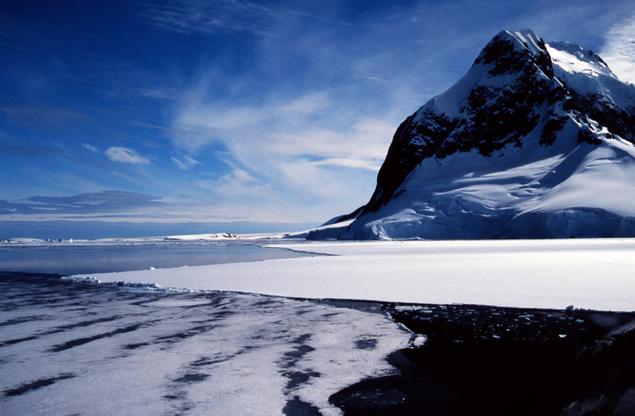World's biggest marine reserve created in Antarctica

The world's largest marine reserve aimed at protecting the pristine wilderness of Antarctica will be created, after an agreement finally was reached on Friday.
The deal, sealed by the Commission for Antarctic Marine Living Resources (CCAMLR) at an annual meeting in Hobart, will see a massive marine protected area established in the Ross Sea, following years of negotiations.
The Ross Sea is one of the last intact marine ecosystems in the world, home to penguins, seals, Antarctic toothfish, and whales.
The reserve will cover more than 600,000 square miles (1,55 million square kilometres), of which three-quarters will be a no fishing zone, according to The Telegraph.
Russia opposed
Russia has been the last government opposing the deal, due to concerns over fishing rights, but after negotiations, a unanimous deal was finally reached.
Senior policy analyst Christian Prip at the Fridtjof Nansen Institute finds the development highly interesting - and adds that the agreement could even have implications for more northern waters:
Boost for Arctic reserve?
‘The decision certainly gives a boost of support to those who are working to establish a similar marine reserve at the other pole, in the Arctic Ocean,’ Prip says.
‘Legally, the conditions in the Arctic Ocean are different, because it is surrounded by five coastal states which all want to remain in control of these waters. But 20 percent of the Arctic Ocean is beyond national jurisdiction, and it might therefore be included in a new treaty under the Law of the Sea Convention (LOSC) to protect biodiversity in such areas outside the control of any state. This is is currently being negotiated in the UN. The Arctic Ocean is not treated as a separate issue in these negotiations, but for Norway and the other Arctic countries, it very much seems like the ‘elephant in the room’ – they do not support an ‘internationalized’ Arctic Ocean,’ Prip says.
